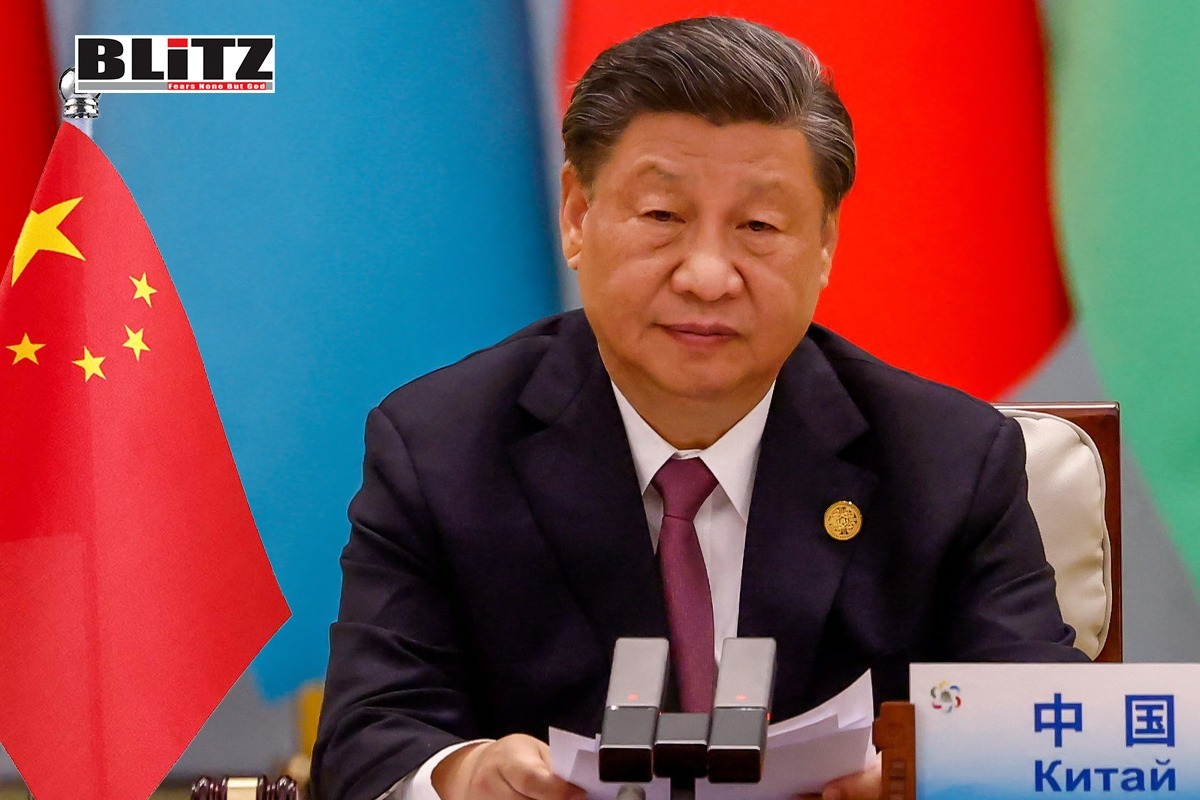China and Central Asia: Strengthening bonds for a prosperous future
- Update Time : Monday, July 8, 2024

On July 6, 2024, Chinese President Xi Jinping concluded his Central Asia tour with a visit to Dushanbe, the capital of Tajikistan, where he held significant talks with Tajik President Emomali Rahmon. This visit underscored the deep and solid friendship between China and Tajikistan, reflecting their mutual support, partnership, and sincerity. Xi’s visit to Dushanbe followed his attendance at the 24th Meeting of the Council of Heads of State of the Shanghai Cooperation Organization (SCO) and a state visit to Kazakhstan, marking an important chapter in China’s diplomatic engagement with Central Asia.
President Xi’s Central Asia tour, including interactions with leaders of SCO member states and Central Asian countries, was marked by a series of significant speeches and agreements. This trip highlighted China’s commitment to fostering cooperation with Central Asian nations, reinforcing good-neighborly relations, and achieving mutual development goals. Xi’s visit emphasized China’s firm belief in the importance of collaborating with Central Asian countries and other SCO member states for collective growth and stability.
The history of China’s interaction with Central Asian countries like Kazakhstan and Tajikistan spans thousands of years. This enduring relationship, characterized by mutual respect and trust, has continued to flourish despite changes in the international environment. The political mutual trust between China and Central Asian countries has paved the way for healthy and stable relations, demonstrating their resilience and commitment to cooperation.
China’s relationship with Central Asian countries is unique as it is built on mutual respect and trust, without the need for alliance treaties or establishing rivals. This foundation has ensured rock-solid support on key issues such as independence, sovereignty, and territorial integrity. Both sides respect each other’s development paths and oppose any external interference in their internal affairs. This genuine political mutual trust has facilitated smooth cooperation and removed obstacles to collaboration.
President Xi’s statement during his meeting with Uzbek President Shavkat Mirziyoyev encapsulated the essence of these relationships: “The goal of both sides is very grand but also simple, which is to deliver a better life for their people.” This vision reflects the true meaning of the development of friendly relations between China and Central Asian countries in various fields, aiming to improve the quality of life for their citizens.
China and Central Asian countries have achieved “three comprehensive coverages”: full coverage of comprehensive strategic partnerships, full coverage of practicing the community with a shared future for mankind on a bilateral level, and full coverage of signing cooperation documents for the Belt and Road Initiative (BRI). By the end of 2023, the trade volume between China and the five Central Asian countries reached $89.4 billion, a 27 percent increase from 2022. The BRI has facilitated numerous major cooperative projects in infrastructure, agriculture, and energy, significantly contributing to the region’s development.
In Kazakhstan, projects like the Kapshagay photovoltaic power station in Almaty and the modernization of the Shymkent Oil Refinery exemplify the fruitful cooperation under the BRI. In Tajikistan, iconic projects such as the Dushanbe No.2 power plant have driven economic and social development. Meanwhile, in Uzbekistan, the construction of the Olympic City project is progressing rapidly, showcasing the depth of China-Central Asia cooperation.
The frequent exchanges between the peoples of China and Central Asian countries resemble familial visits, deepening mutual trust and solidarity. China and the five Central Asian countries have established around 70 pairs of sister provinces and cities, enhancing regional connectivity. Over 10 Confucius Institutes have been set up in Central Asia, promoting cultural exchange and mutual understanding. Additionally, Luban Workshops have provided significant talent support for local development.
The China-Kazakhstan visa exemption agreement, which recently came into effect, has greatly facilitated the movement of people between the two countries. During his visit to Kazakhstan, President Xi announced plans for a China tourism year in Kazakhstan in 2025 and the establishment of a second Luban Workshop, further strengthening the bonds between the two nations.
More than 100 years ago, Halford John Mackinder, a founding father of geopolitics, proposed that Central Asia is the “heart of the World Island.” Today, the relationship between China and Central Asian countries outlines a new vision for international relations. This vision is characterized by lasting peace, universal security, shared prosperity, openness, inclusivity, and a commitment to overcoming geopolitical conflicts and isolationism.
In Central Asia, the China-Europe Railway Express runs smoothly, investment and trade are thriving, and cultural exchanges are flourishing. Guided by head-of-state diplomacy, the future of China-Central Asia cooperation is promising and full of potential. Following the four principles crucial for success—mutual respect, good neighborly friendship, solidarity in trying times, and mutual benefit—China and Central Asian countries are set to create a brighter future together.
President Xi Jinping’s recent tour of Central Asia and his meetings with leaders of SCO member states underscore the depth of China’s commitment to fostering robust and mutually beneficial relations with Central Asian countries. The comprehensive strategic partnerships, cultural exchanges, and economic cooperation projects reflect the shared vision of both sides for a peaceful, prosperous, and interconnected future. As China and Central Asian countries continue to deepen their ties, they are poised to write a new chapter in international relations, characterized by mutual respect, trust, and a shared commitment to improving the lives of their people.















Leave a Reply